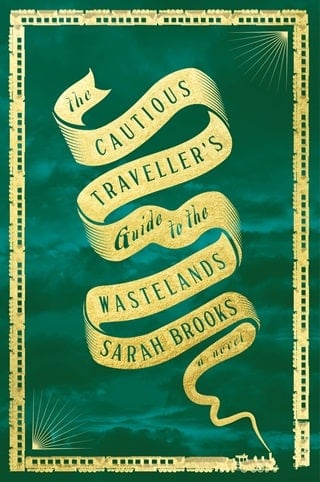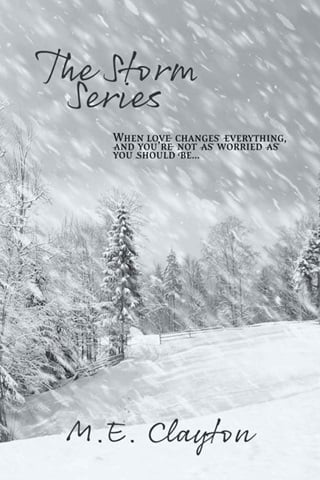Part Two. Days 3–4
Three days' journey from Beijing, one of the marvels of the natural world appears on the horizon, shimmering like a mirage in the last of the evening sun. Lake Baikal, four hundred miles long and—some say—five thousand feet deep. The most ancient lake known to mankind. For hours the train runs beside it. The moon rises and the water turns to silver. It is hard not to think of the darkness beneath it, and what may be living there, in the depths where the light never shines. I advise the cautious traveller to limit the time they spend observing it.
On the great lake once were enormous engineering projects, to harness the power of the water to run the mines. When the gold began to disappear in the late 1700s, the workers spoke of changes in the water, of sightings of shadows beneath the surface. But they were not believed, nor were those elsewhere, who noticed oddness in the behavior of their animals; a strange scent on the air. There were reports of swarming insects; birds hovering closer to homesteads. A peculiar brightness in the reflection of the sun upon water.
It is said that so much had been taken from the land that it was always hungry. It had been feeding off the blood spilled by the empires, and by the bones of the animals and people they left behind. It gained a taste for death.
The Cautious Traveller's Guide to the Wastelands,page 23
 Fullepub
Fullepub 



